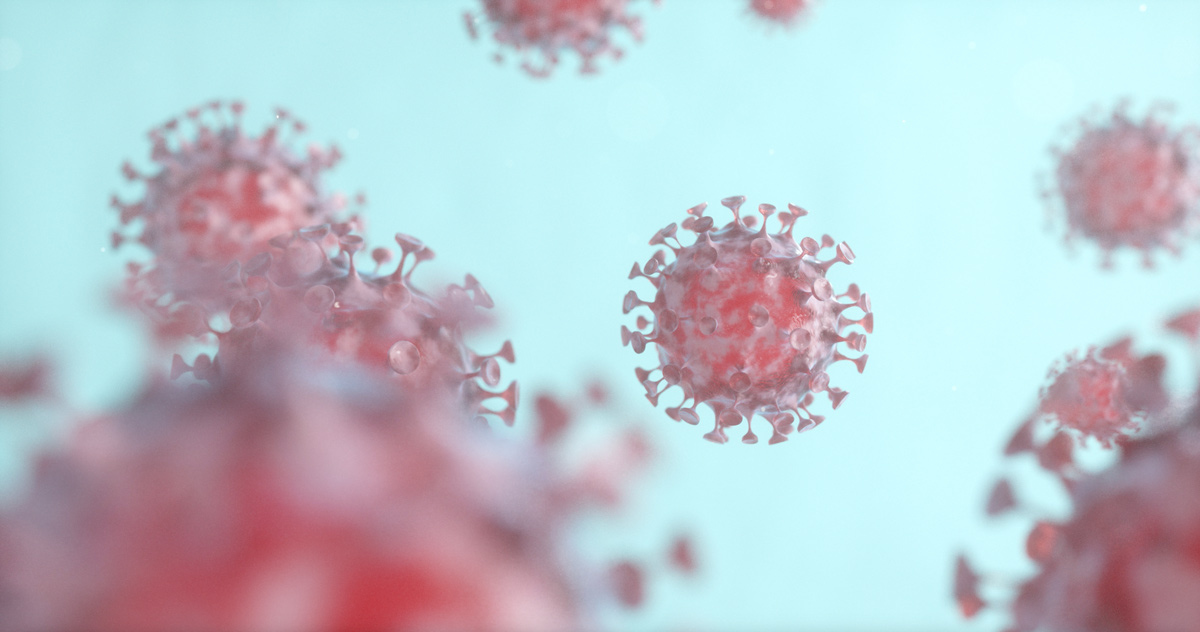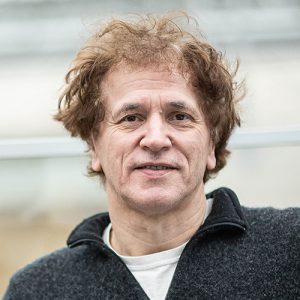
A new clinical trial may uncover a treatment method for COVID-19 that could save countless lives worldwide. The study’s lead investigator Dr. Josef Penninger, professor of medical genetics at UBC, answers some key questions about the potential breakthrough research.

Dr. Josef Penninger
Why is it important to discover new treatment methods for COVID-19, in addition to discovering a vaccine?
It’s vital to improve treatment therapies now for people with COVID-19 so we can save lives until a safe vaccine is developed. Even when we have a vaccine, we’ll still need therapy and treatment for people who are already sick. Improving treatment is also a key step in quelling some of the fear, and helping the world adapt to the new normal.
Tell us about the clinical trial you’re leading.
We are running a placebo-controlled, double-blinded phase 2b clinical trial involving 200 patients with severe cases of COVID-19 in Austria, Germany, Denmark, the United Kingdom, the United States and Russia. One hundred patients are receiving standard COVID-19 care, while the other 100 are also receiving twice-per-day intravenous doses of soluble recombinant angiotensin-converting enzyme 2 (or ACE2)—an enzyme on the surface of cells in our organs, including the lungs, heart, gut, kidney, and blood vessels.
“Even when we have a vaccine, we’ll still need therapy and treatment for people who are already sick.”
Dr. Josef Penninger
ACE2 is the critical entry receptor for SARS-CoV-2, which causes COVID-19. Basically, when any virus, including a coronavirus, enters our body, it must enter cells through a specific receptor—SARS-CoV-2 needs the entry gate ACE2. But when we intravenously introduce more ACE2 into the body, the ACE2 enzymes look like receptor cells and essentially act as decoys for the virus. Therefore the virus cannot find the “real” gate anymore. We have already shown that this approach works by significantly reducing this novel coronavirus’ infection rate.
When will you know if this treatment works?
We hope to finish the trial by this fall. After we recruit the last patient, we can analyze the data and produce some conclusions, hopefully before the end of the year. The trial is also set up to allow for rapid approval of the drug—but of course, that will depend on the outcome and clinical benefits.
How would you describe the current state of COVID-19 treatment?
The pandemic came quick and researchers around the world are working hard to improve treatments and discover new therapies to help patients cope and recover.
It’s important to remember that COVID-19 comes in varying stages, from mild to critically ill multi-organ failure, so we need different treatments and principles for different COVID-19 disease stages. Patients with COVID-19 can also die in different ways, including from blood clots, heart attacks, strokes and lung failure. Therefore, multiple drugs will treat different symptoms and stages of the disease.
We of course hope our treatment will be among the treatments that work. After all, ACE2 is at the centre of COVID-19 and therefore it makes sense to focus our efforts on this enzyme in the quest to find possible treatments.
Learn more about Dr. Josef Penninger’s research on COVID-19.